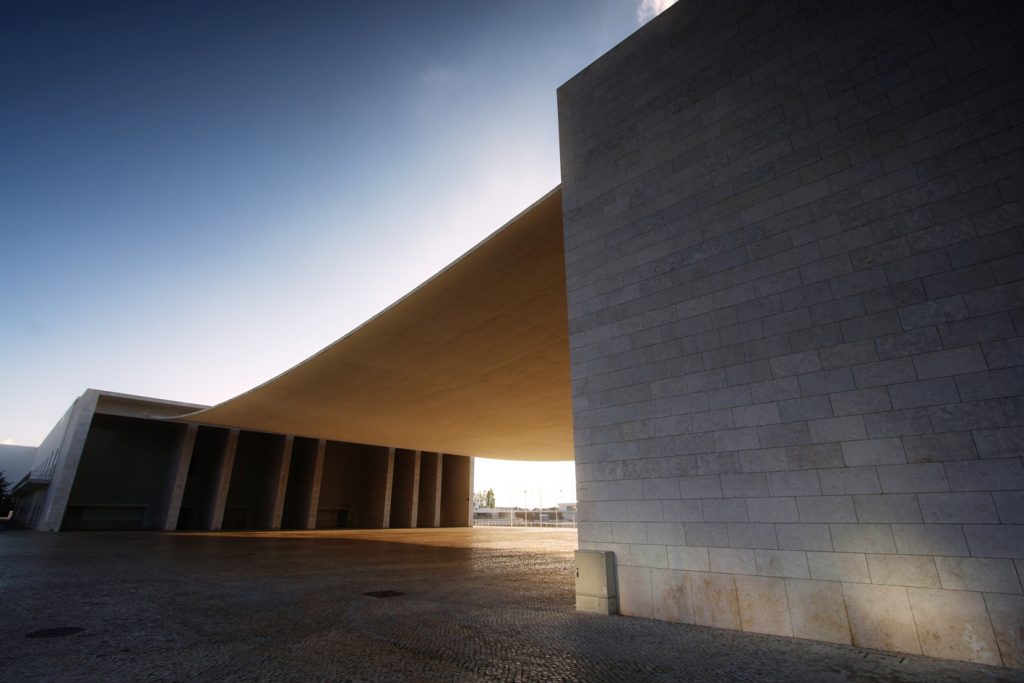STUDYING IN LISBON ONE CHOICE IN ONE THOUSAND…
STUDYING IN LISBON ONE CHOICE IN ONE THOUSAND…
Lisbon is a memorable destination for all students who want to live a unique experience that includes university life, hospitality, gastronomy, tradition, history, modernity, culture, and leisure.
Excellence in Teaching
The Lisbon Region has a highly qualified and diversified network of higher education universities and polytechnic institutions and numerous research centres that are funded by Fundação para a Ciência e a Tecnologia. There are also three Science and Technology Parks, which makes this region the largest university and research hub in Portugal.
Highlights go to the University of Lisbon, which is one of the 100 best universities in Europe. In addition, many of its schools are within the 50 best in Europe for specific courses, such as Management, Economics, Engineering, Agronomy, Media, among others. NOVA University Lisbon is one of the most recent European universities that is well positioned in the World University Ranking in the fields of arts and human sciences, engineering and technology, life sciences and medicine, natural sciences, and social sciences and management.
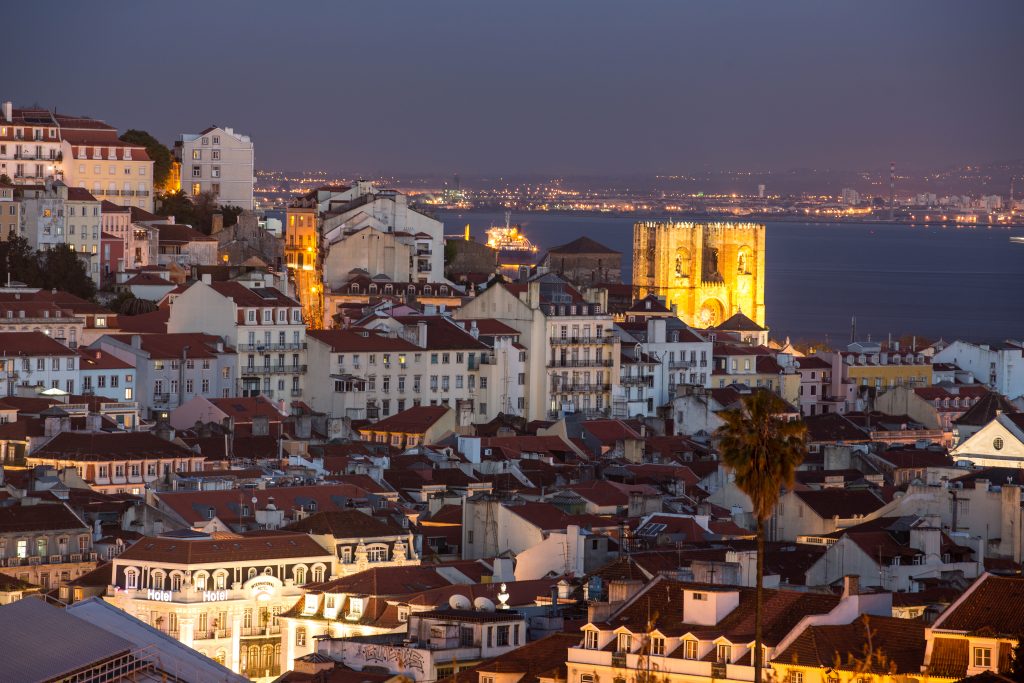
Diversified academic offer
There are numerous options for bachelor’s degrees, master’s degrees or PhDs, which include areas of knowledge so different, such as exact sciences, natural sciences, health sciences, engineering and technologies, social sciences, arts and human sciences.
Portuguese is the sixth most widely spoken language worldwide. There are Portuguese lessons for foreign students, as well as English lessons in multiple higher education institutions. Economic and Business Sciences are the areas where there are more courses are taught in English.

Affordable tuition and cost of living
Lisbon is still a city in the EU with an affordable cost of living. It is the economic centre of a large region and has qualified human resources, a cosmopolitan atmosphere and a top quality of life. The cost of basic goods, such as food, transportation or health, or access to culture, such as cinema, theatre and concerts, is quite reasonable, which makes the stay in this city very appealing.
The cost of tuition for foreign students depends on their status, and if their presence is the result of a bilateral agreement, they may even be exempt from paying tuition. . For more details about tuition costs, please contact the host institution.
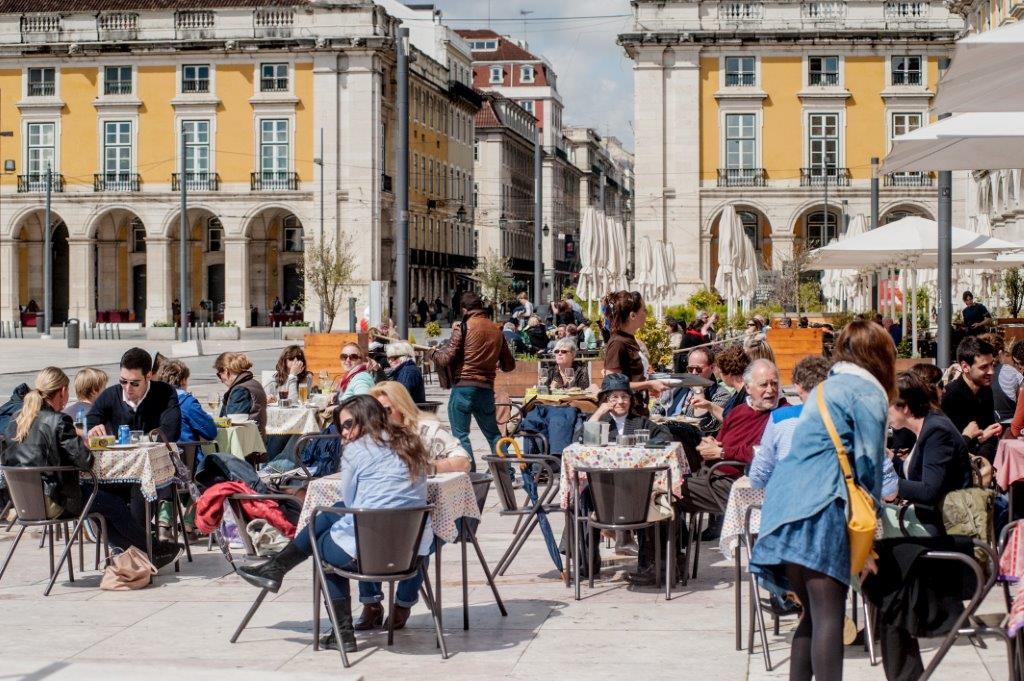
Study in Lisbon Lounge
The Study in Lisbon Lounge is a space that is dedicated to counselling and guiding international students. Here, students are helped with accommodation, getting visas and residence permits, opening bank accounts or getting transportation tickets.
Information about the national health service and Lisbon’s cultural, leisure and sports agenda is provided when requested by the students, as well as clarifications about their academic career.
The Lounge includes the immigration services and some associations that support international students.
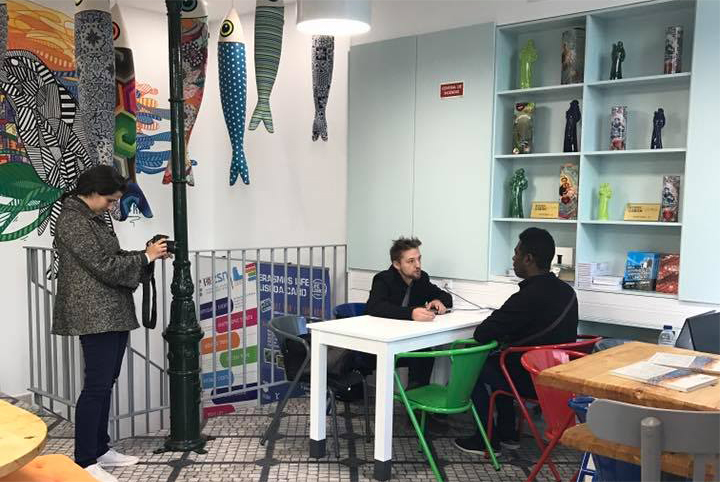
Tailormade housing
Lisbon is still a city in the EU with an affordable cost of living. It is the economic centre of a large region and has qualified human resources, a cosmopolitan atmosphere and a top quality of life. The cost of basic goods, such as food, transportation or health, or access to culture, such as cinema, theatre and concerts, is quite reasonable, which makes the stay in this city very appealing.
The cost of tuition for foreign students depends on their status, and if their presence is the result of a bilateral agreement, they may even be exempt from paying tuition. . For more details about tuition costs, please contact the host institution.
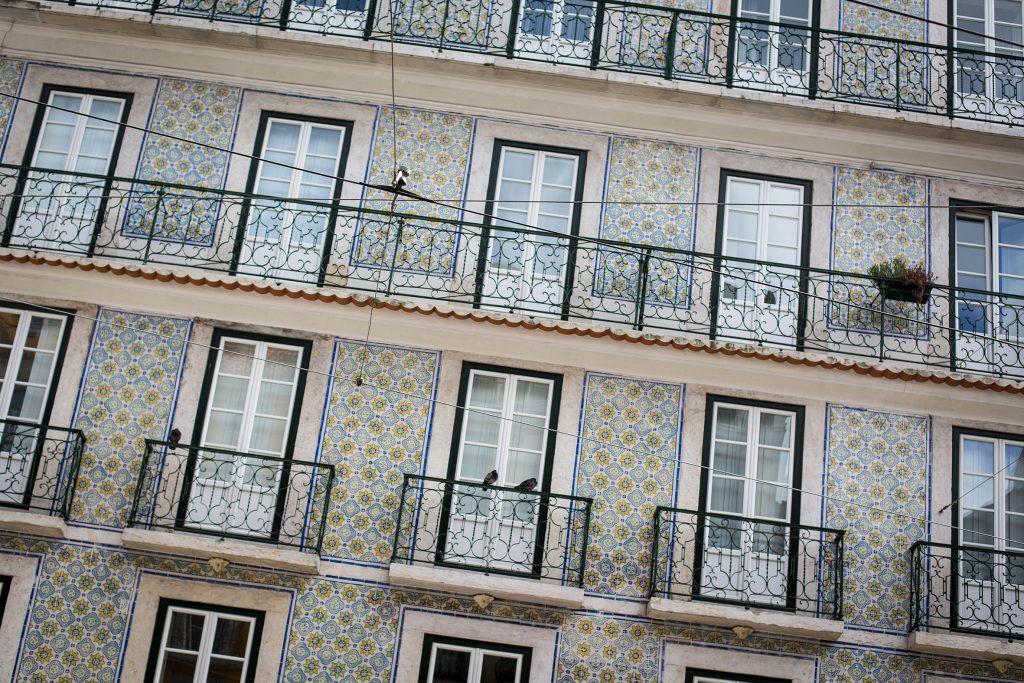
Cultural Diversity
Over the course of history, Lisbon’s citizens have gained a remarkable experience in being in contact with different communities. Warm, spontaneous and sociable, they communicate with foreigners easily not only in English, but also in Spanish or French.
There are numerous communities in Lisbon that came from Brazil, Cape Verde, Angola, Ukraine, India, Bangladesh, Nepal, China, Venezuela, among others. These communities preserve their culture especially by disseminating their gastronomy, which is already deeply rooted in Lisbon, and by participating in festivals and other events supported by the City Hall, such as the Ratha Yatra Hindu Festival, the Buddha Vesak Day, or the Diversity Celebration, where they share their roots with Lisbon’s citizens.
Lisbon is admittedly a multicultural city that welcomes everybody who wants to live, work, study or just visit the city. With a population a little over two million inhabitants, Lisbon is a large population agglomeration without any of the confusing and hostile features of a big city.
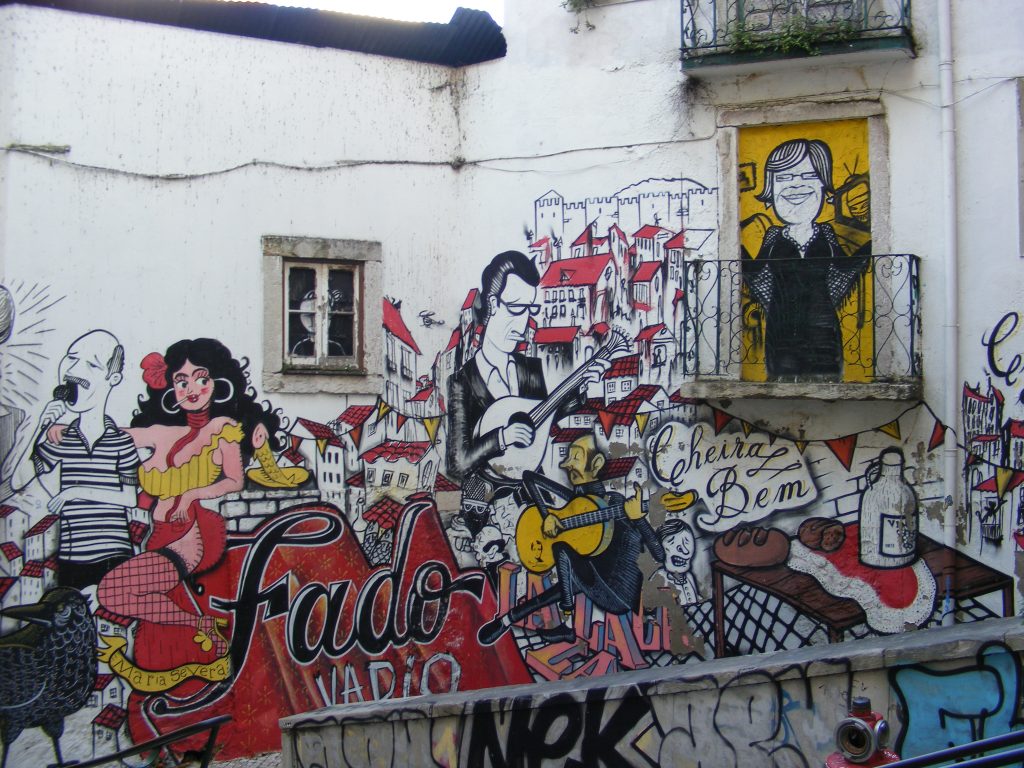
Sports City
Lisbon’s climate is mild and doesn’t vary significantly over the year, which gives everyone who lives, study or work there the chance to practice some sports. Walks, jogging, mountain biking, golf, horseback riding, football or skate are some of the activities that can be done intensely.
There are sports equipment and extreme sports parks across the city, as well as maintenance circuits in woods and parks, and a wide network of bicycle paths, which offers excellent conditions for a healthy lifestyle. The proximity to the Tagus River and the sea allows for the practice of rowing, canoeing, sailing, surf, and kitesurf.
The Forest Park of Monsanto and the Bela Vista Park are good options to relax, in addition to many more parks and gardens of historical and artistic interest that can be found throughout the city.
Lastly, it is important to point out that Lisbon’s citizens are also close to two of Europe’s most stunning sea fronts: Guincho and Ericeira, with the latter being Europe’s largest surf reserve.

Great cultural offer
There are countless, diversified events happening in Lisbon throughout the year, many of them internationally renowned. The city has a wide network of museums, art galleries, libraries, theatres and cinemas, which gives rise to a premium, widely diversified cultural offer.
The cultural equipment, traditional shops, bohemian and leisure places strongly connected to traditional neighbourhoods are a distinctive future of the city.
In the unique neighbourhoods of Baixa, Alfama, Castelo and Mouraria, you can hear Fado, a Portuguese nostalgic type of song, in many traditional places.
There is a great variety of cinema festivals in Lisbon over the year (IndieLisboa, Lisbon & Estoril Film Festival, Motelx, DocLisboa, Queer Lisboa, Monstra). According to music genres, concerts take place in churches, large venues, bars, and, whenever the weather allows, in gardens, viewpoints and parks.

Innovation and Entrepreneurship
Lisbon is more and more receptive to social and technological innovations. It is a privileged place not only to study, but also to research, experiment, share and disseminate new ideas and new products.
The city focuses on entrepreneurship by providing numerous co-working spaces and by supporting the network of start-ups and incubators that can be found across the city.
The WEB SUMMIT, one of the world’s largest, most important entrepreneurship, innovation and technology conferences, is hosted by Lisbon since 2016, and for a 10-year period, and is the reason why the heads of some of the world’s largest and most innovative businesses come to Lisbon.
